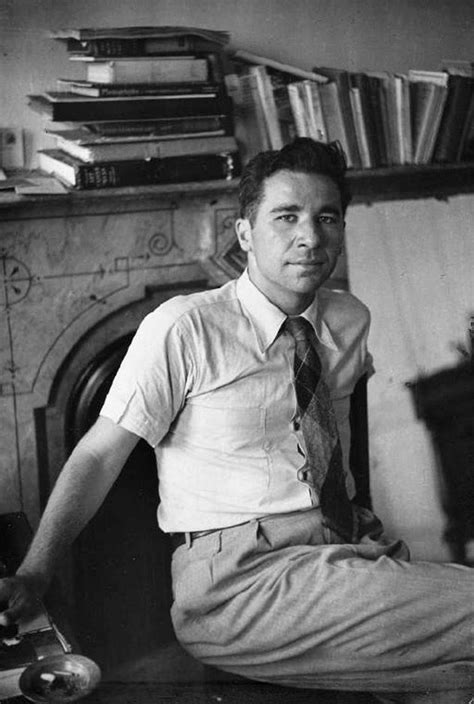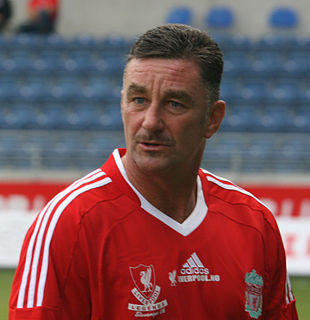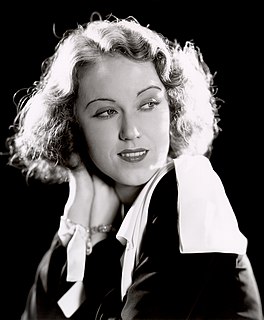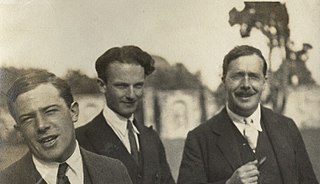A Quote by Mason Cooley
F. Scott Fitzgerald thought that prolonging his adolescence would protect his talent.
Quote Topics
Related Quotes
Fitzgerald never got rid of anything; the ghosts of his adolescence, the failures of his youth, the doubts of his maturity plagued him to the end. He was supremely a part of the world he described, so much a part that he made himself its king and then, when he saw it begin to crumble, he crumbled with it and led it to death.
I fantasised about F. Scott Fitzgerald's 'The Great Gatsby' - I loved it, and then I read everything J. D. Salinger had to offer. Then I was turned on to Kerouac, and his spontaneous prose, his stream of consciousness way of writing. I admired him so much, and I romanticised so much about the '40s and '50s.
The only proper, moral purpose of a government is to protect man's rights, which means: to protect him from physical violence - to protect his right to his own life, to his own liberty, to his own property and to the pursuit of his own happiness. Without property rights, no other rights are possible.
The family of Keith Scott viewed the police video and it`s worth repeating that afterward the family made a statement through their lawyers which reads in part, "It is impossible to discern from the videos what, if anything, Mr. Scott is holding in his hands. When he was shot and killed, Mr. Scott`s hands were by his side and he was slowly walking backwards."
But instead of taking the cue to leave, Patch crossed to Scott in three steps. He flung him around to face the wall. Scott tried to get his bearings, but Patch slammed him against the wall again, disorienting him further. “Touch her,” he said in Scott’s ear, his voice low and threatening, “and it’ll be the biggest regret of your life.” Before leaving, Patch flicked his eyes once in my direction. “He’s not worth it.” He paused. “And neither am I.
A man is reputed to have thought and eloquence; he cannot, for all that, say a word to his cousin or his uncle. They accuse his silence with as much reason as they would blame the insignificance of a dial in the shade. In the sun it will mark the hour. Among those who enjoy his thought, he will regain his tongue.
Establishing mood through pictorial means is the director Ridley Scott's most notable talent. There may be no working director more accomplished at wringing texture out of the color blue than the prodigious and now prolific Mr. Scott; you'd swear that with his dazzling washes of blues and sand tones, he was inventing additional hues on the spot.





































